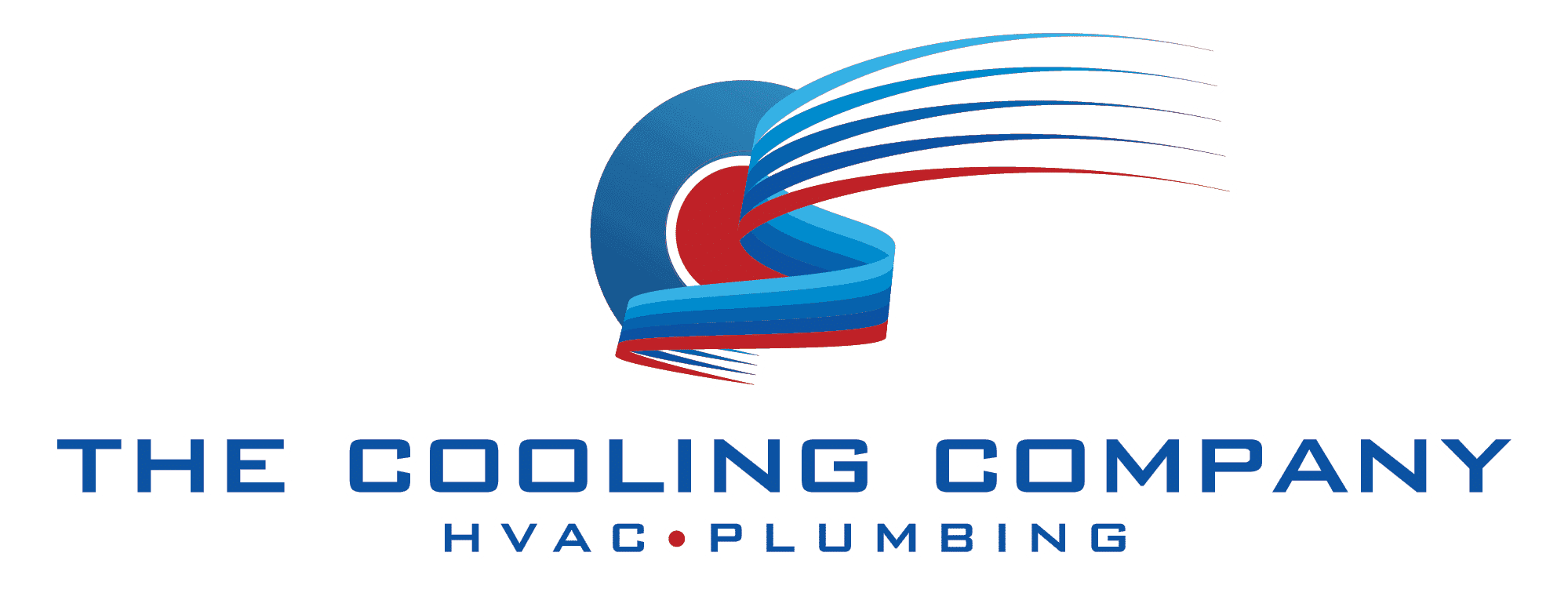Short answer: Las Vegas is well-known for its scorching summers, but it also experiences freezing temperatures at night in winter. Your HVAC system, performing both cooling and heating functions, strives to keep your home comfortable throughout the year. Whenever summer or winter approaches, it becomes crucial to ensure that your equipment is ready to handle the heavy cooling or heating loads. This requires a keen focus on elements including energy efficiency, system lifespan, and preventive maintenance that might involve tasks like filter replacement and checking refrigerant levels.
Try our energy savings calculator to see how much you could save.
1. Higher Comfort Levels
Without adequate maintenance, your HVAC system can encounter a host of problems, undermining the comfort levels in your home. A dirty or clogged filter, for instance, restricts the smooth flow of conditioned air to your living space, causing reduced airflow and uneven temperatures. If your air-conditioner houses a dirty evaporator coil, it will face difficulties in achieving and maintaining your desired temperature. Beyond failure in heating or cooling your home sufficiently, a poorly cared-for HVAC unit may also emit some unsettling sounds or smells. A malfunctioning HVAC system during the peak of summer or winter can be a significant source of distress. By enrolling in a preventive maintenance program, which includes two professional visits a year, you can steer clear of such inconvenience. Trained technicians undertake a series of tasks, including filter replacement, to ensure that your HVAC system operates smoothly during the sweltering and freezing times of the year. This type of preventive maintenance extends your system's lifespan while maintaining a comfortable indoor environment.
2. Greater Energy Savings
Despite the comfort your HVAC system provides during extreme temperatures, it is crucial to monitor your energy costs. Utility bills generally skyrocket during the summer and winter due to frequent usage of the system. If not in optimal condition, your HVAC unit labors to heat and cool your living space, leading to energy overconsumption. Implementing regular preventive maintenance can facilitate energy efficiency, keeping your costs in check. Though a bi-annual HVAC maintenance plan might initially increase yearly expenses, it does justify the spending over time, notably by contributing to cost savings through lower energy bills. A preventive maintenance plan, including tasks like duct cleaning, reduces the strain on the HVAC system resulting from dirty or faulty components. Less strain ensures less energy usage even while delivering the same cooling or heating effects, leading to a noticeable drop in energy bills. As per the Department of Energy, routine actions like timely air filter replacements can cut down your air-conditioner’s energy consumption by nearly 15%.3. Lower Repair Costs
Much like other appliances, your HVAC system is susceptible to mechanical issues as it ages. Older air-conditioners occasionally require repairs, but a poorly maintained unit calls for professional attention far more frequently. Regular preventive maintenance, including vital tasks, such as checking refrigerant levels, aids in extending your system's lifespan while maintaining efficiency and effectiveness. To maintain optimal equipment performance, it's important that you don’t neglect the regular service of your HVAC system. If you fail to do so, some of its crucial parts such as the fan motor or combustion chamber may wear out at a faster rate, inevitably leading to major issues or even breakdowns. Regular safety checks and timely debris removal help avert these problems. Having to repair your HVAC unit frequently can be a considerable financial burden, especially if you need emergency repair services from time to time. Also, certain components like your blower assembly may degrade to the extent that they need to be replaced, which may not always fit well within your equipment's warranty requirements and can cost a lot of money. Besides keeping every component of your HVAC system in good condition, which includes coil cleaning, a bi-annual preventative maintenance plan should also extensively inspect your equipment to ensure enhanced performance. The professional technicians who visit your home will thoroughly inspect your air-conditioner to see if it has any faulty components. If they detect even a small issue, they are capable of fixing it right away to prevent it from escalating into a costly problem. The necessity of having your HVAC unit inspected twice a year gains prominence in the scenario of avoiding expensive repairs.
4. Longer Service Life
Your HVAC system is a substantial investment, hence it makes sense that you should try to ensure maximum returns from it. If your air-conditioner isn't receiving regular attention, it’ll accumulate more pollutants like dirt and grime that significantly wear down the equipment over time, leading to a strained system. An overly strained system will reach the end of its service life much sooner. On average, an HVAC unit can last you 10 to 15 years, but with proper maintenance, including regular coil cleaning and inspection of the combustion chamber, you can extend the lifespan of your equipment to up to 20 years. Considering that installing a new HVAC system can set you back thousands of dollars, the long-term savings you make by ensuring your air-conditioner lasts longer is significant. Enrolling in a bi-annual maintenance plan is an effective measure to reduce the frequency of HVAC system replacement. The maintenance technicians will provide services such as the removal of dirt and grime buildups from the fan motor and blower assembly, in addition to lubricating all moving parts, thereby ensuring that your equipment operates smoothly. As such, your air-conditioner will deliver optimal performance and efficiency while keeping wear and tear to a minimum. Hence, a bi-annual maintenance plan proves to be a worthwhile investment, considering the longevity it brings to your HVAC unit.5. Better Indoor Air Quality
Many homeowners think that their HVAC systems only function to maintain comfortable temperatures in their homes. However, these systems also directly affects controlling indoor air quality by reducing pollutants. Your air-conditioner does the job of reducing the concentrations of harmful particles in your indoor air by improving air circulation and reducing humidity levels. For this reason, it can have a sizable impact on your health, considering the dangers of inhaling dirt, dust, dust mites, pet dander, chemicals, etc., that contribute to a range of health issues. An array of HVAC maintenance problems can significantly undermine the air quality in your home. A clogged air filter, for instance, won't effectively trap dirt, dust, and other contaminants, allowing them to infiltrate your home. Moreover, a malfunctioning blower motor and leaky ducts can diminish airflow to your indoor space, resulting in poorer air circulation. However, a bi-annual maintenance plan that incorporates thorough services like coil cleaning and debris removal ensures that every component of your HVAC system that aids in improving indoor air quality is properly cleaned and serviced. Consequently, you’ll enjoy cleaner and healthier air in your home.6. Compliance with Warranty Requirement
Some homeowners might be inclined to personally handle HVAC maintenance and repairs to curtail expenses. However, be aware that this approach may lead to overlooking vital safety checks and warranty requirements, thus jeopardising your system's longevity. Professional servicing encompasses all these factors, ensuring a comprehensive and efficient upkeep of your HVAC system.Others may work with unreliable HVAC companies that offer suspiciously attractive rates. These aren’t the best ways to maintain your air-conditioner or furnace for a number of reasons. Firstly, a person who isn’t a qualified technician may not have the necessary knowledge and expertise to execute necessary tune-ups or fix certain problems. If they make a mistake, it can cause severe damage to the equipment, which can lead to a costly repair or part replacement. Also, you should keep in mind that you can risk voiding your HVAC unit’s manufacturer’s warranty if it isn’t regularly maintained by a licensed contractor. In additio to this, if you fail to meet this safety requirement, you’ll likely have to pay for the repair out of your own pocket if something goes wrong with your system. One of the most important benefits of a bi-annual tune-up maintenance program is that it’ll ensure that your HVAC system, including both manufacturers of air conditioners and furnaces, warranty will remain valid. Of course, you have to make sure you sign up for a maintenance plan with a licensed HVAC company. Complying with your manufacturer’s warranty’s maintenance requirement can potentially help you save a lot of money on repairs or replacements.What Happens During an HVAC Maintenance Visit?
The services included in a bi-annual HVAC tune-up maintenance program may vary from one contractor to another. However, most will perform the following tasks with the safety of both the customer and the manufacturers' stipulations in mind.Inspection
During a tune-up maintenance visit, the HVAC technicians will thoroughly inspect every component in your air-conditioner and furnace, including the thermostat, indoor and outdoor units, air filter, electrical connections, and the condensate drain line. They’ll also check the refrigerant level to make sure your equipment isn’t leaking refrigerant. In general, the technicians will pay more attention to the cooling system during the spring visit and focus more on the heating components, particularly the furnace, in fall.Servicing
During the inspection, the technicians may find that certain components need to be cleaned. These parts may include the blower compartment, evaporator coil, condensate drain line, and the condenser. Your outdoor condensing unit may be littered with debris that can affect its operation, so the technicians will remove any debris or objects around it. Also, if your ductwork is dirty, they’ll clean it to give you a peace of mind about the air quality in your home and the overall efficiency of your HVAC unit. Additionally, they may lubricate the motors, tighten connections, and top off all fluid levels.Replacing Components
Even if all the main components in your HVAC system are in good condition, there may be small parts that need to be replaced. While you should be changing your air filter yourself between visits, the technicians will replace it for you if necessary. They’ll also replace the fan belts or motor bearings if they aren’t in good condition. These small components aren’t expensive to replace but they can have a significant impact on your air-conditioner’s and furnace’s performance and efficiency. Joining a bi-annual HVAC maintenance program is the most effective way to prepare your HVAC system for the high cooling and heating loads in summer and winter. It’ll ensure that your air conditioner and furnace will be able to keep your home comfortable while delivering maximum energy savings. The Cooling Company offers a tested-and-proven bi-annual HVAC maintenance program that includes comprehensive maintenance and inspection of your air-conditioner and furnace. We’re a licensed HVAC company with certified technicians who have undergone extensive training and continually stay updated with the latest technologies from various HVAC manufacturers in the industry. Contact us at (702) 567-0707 to find out about our bi-annual HVAC maintenance program.Need HVAC Service in Las Vegas?
The Cooling Company provides expert HVAC service throughout Las Vegas, Henderson, and North Las Vegas. Our licensed technicians deliver honest assessments, upfront pricing, and reliable results.
Call (702) 567-0707 or visit AC repair, maintenance, heating, or installation for details.


